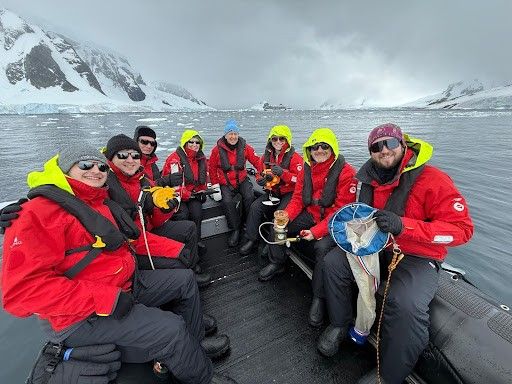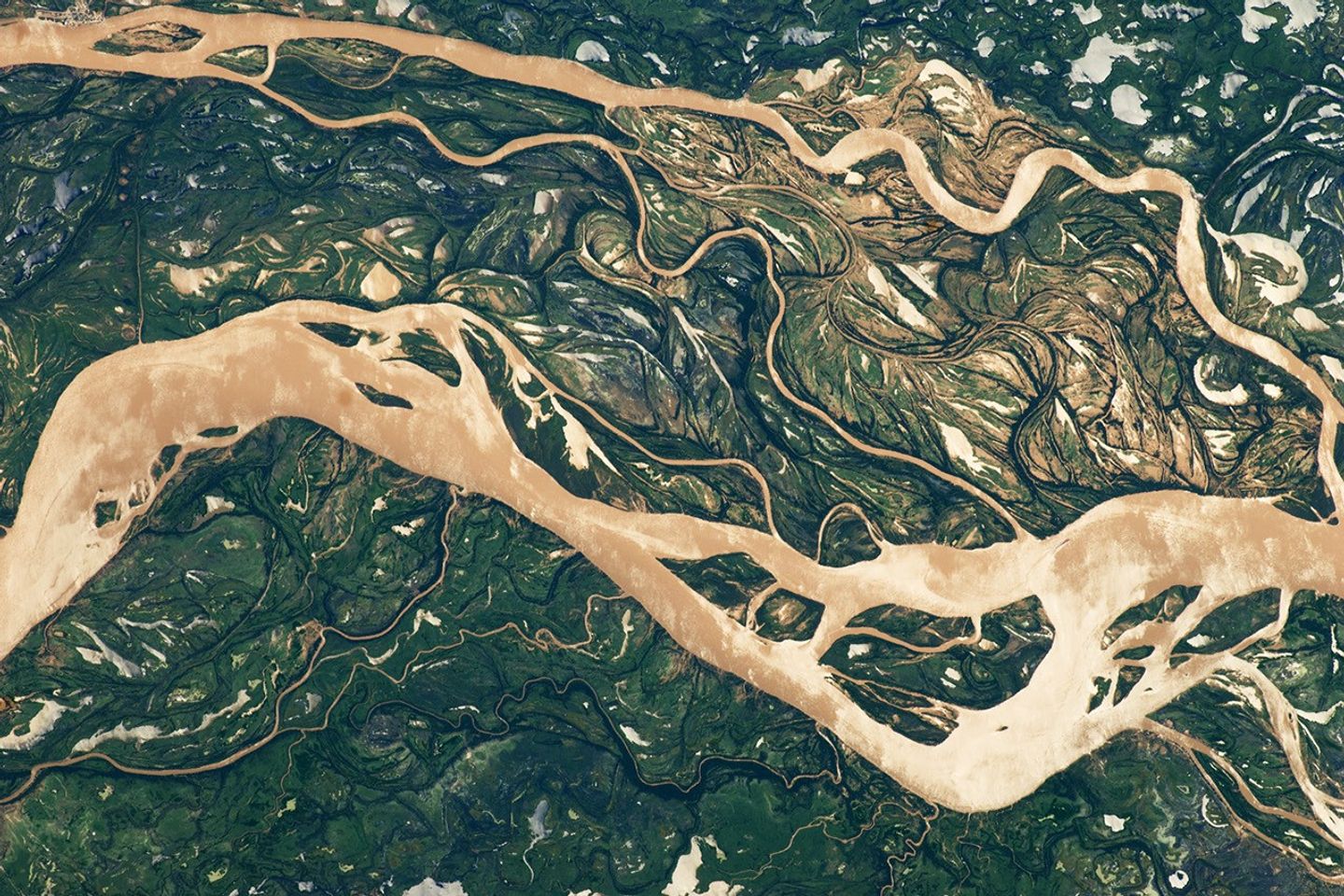Newly Minted Ph.D. Studies Phytoplankton with NASA’s FjordPhyto Project
2 min read
Newly Minted Ph.D. Studies Phytoplankton with NASA’s FjordPhyto Project

FjordPhyto is a collective effort where travelers on tour expedition vessels in Antarctica help scientists at Scripps Institution of Oceanography and Universidad Nacional de La Plata study phytoplankton. Now project leader Dr. Allison Cusick has a Ph.D.! . Dr. Cusick studies how melting glaciers influence phytoplankton in the coastal regions. She wrote her doctoral dissertation based on the data collected by FjordPhyto volunteers.
“Travelers adventure to the wild maritime climate of Antarctica and help collect samples from one of the most data-limited regions of the world,” said Cusick. “While on vacation, they can volunteer to join a FjordPhyto science boat experience where they spend an hour collecting water measurements like salinity, temperature, chlorophyll-a, turbidity, as well as physical samples for molecular genetics work, microscopy identification, and carbon biomass estimates. It’s a full immersion into the ecosystem and the importance of polar research!”
Cusick successfully defended her thesis on December 18, 2024, earning a Ph.D. in Oceanography from the Scripps Institution of Oceanography. Hers is the second Ph.D. based on data from the FjordPhyto project. Martina Mascioni from FjordPhyto team earned her Ph.D. from the National University of La Plata (Argentina) in 2023.
The project is a hit with travelers, too.
“It’s incredibly inspiring to be part of a program like this that’s open to non-specialist involvement,” said one volunteer, a retired biology teacher aboard the Viking Octantis ship, who continued to say, “Thank you for letting us be a part of the science and explaining so clearly why it matters to the bigger picture.”
If you would like to get involved, go to www.fjordphyto.org and reach out to the team!


